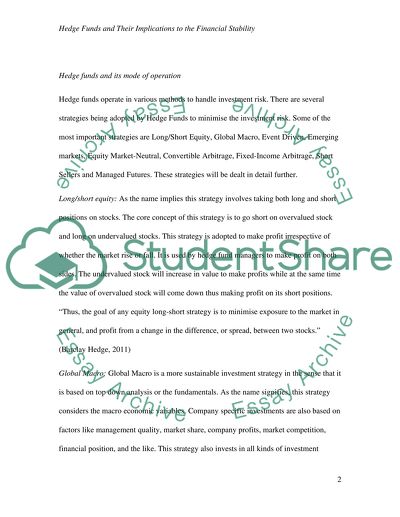Cite this document
(“Investment analysis Essay Example | Topics and Well Written Essays - 2000 words”, n.d.)
Retrieved from https://studentshare.org/environmental-studies/1407687-investment-analysis
Retrieved from https://studentshare.org/environmental-studies/1407687-investment-analysis
(Investment Analysis Essay Example | Topics and Well Written Essays - 2000 Words)
https://studentshare.org/environmental-studies/1407687-investment-analysis.
https://studentshare.org/environmental-studies/1407687-investment-analysis.
“Investment Analysis Essay Example | Topics and Well Written Essays - 2000 Words”, n.d. https://studentshare.org/environmental-studies/1407687-investment-analysis.


